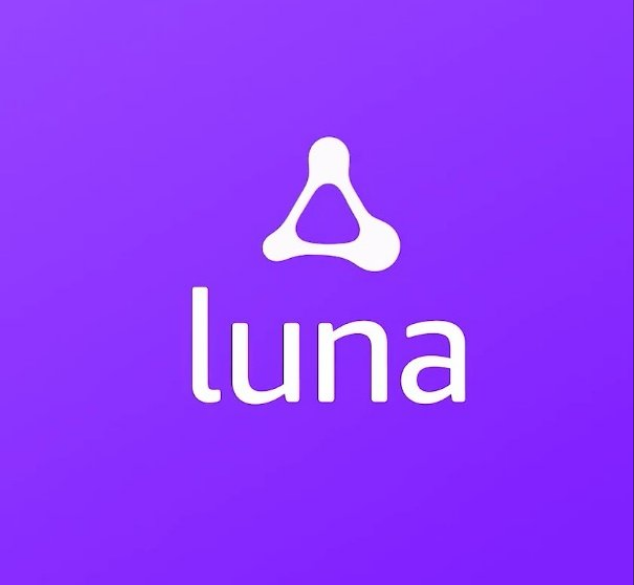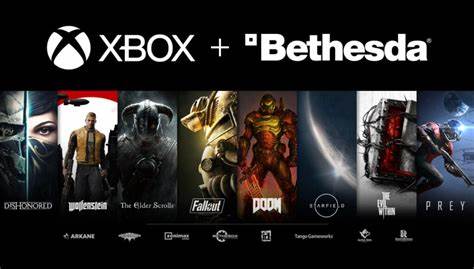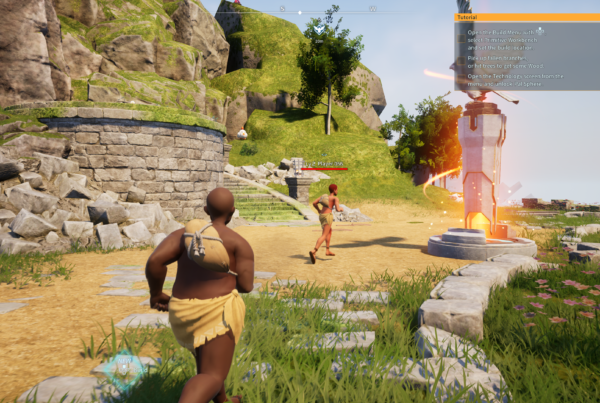When it was announced on September 21st that Microsoft’s Xbox division had purchased ZeniMax Media, the parent company to Bethesda Studios, thoughts immediately raced to how the acquisition will help Xbox get the upper hand on PlayStation in the ongoing console wars.
This reaction makes perfect sense. For the last 20 years, Xbox and PlayStation have been clashing for market share, they are classic rivals, so similar in what they do that you can’t help but to compare and contrast them.
While the move to acquire Bethesda does give Microsoft a nice competitive edge against Sony, I don’t think their primary reason for spending the 7.5 Billion dollars to get Bethesda was simply to counter other consoles. Microsoft is marshaling its forces for what they believe to be the war beyond consoles.
Yes, you should get a warranty on that new PlayStation 5 or Xbox Series Console
Beyond the Console Wars
Contrary to popular belief, the acquisition of Bethesda may actually have very little to do with Sony. In the last several years Microsoft has shifted focus away from console sales and has put more importance on software sales and subscription-based services.
There is no denying the Bethesda acquisition is beneficial to the Xbox brand and potentially harmful to PlayStation’s. If all Bethesda games going forward are excluded from PlayStation consoles, that may drive some consumers to the Xbox ecosystem.
Franchises like Wolfenstein, The Elder Scrolls (AKA Skyrim), and Fallout are marquee titles that gamers recognize and want. Having those titles potentially be exclusive to your console will push some gamers to invest in your ecosystem.
True as that may be, that benefit is just a beneficial perk on top of the real reason for the 7.5 billion dollar move.
Microsoft is already looking beyond the consoles wars and this is their opening salvo for the “Services wars”. For years pundits have predicted that some particular console generation would be gamings last.
They have been wrong every time. Consoles may disappear one day or we may always have some form of home console hardware on the market but one thing that is becoming clearer as time goes on, gaming as we know it, is evolving.
Gaming is pushing to be omnipresent. The gaming industry wants to get videogames out to more people, more screens, more devices. This means game streaming, content subscriptions, digital gaming, easy access.
The gaming industry for decades has been one of the fastest-growing and most profitable forms of entertainment on the planet. While consoles are a proven method for effectively reaching consumers, they are limited to how much market penetration a high-end gaming console can achieve.
Looking at the chart below you can see how gaming just continues to grow.

Gaming has gone from being a pastime primarily focused on children to a form of entertainment that over 65% of American adults engage with. While interest keeps growing, the market for people who buy dedicated gaming consoles or gaming PCs isn’t nearly as big as the market for potential gamers.
There are gamers who play games on mobile devices, there are gamers who play games through apps on sites like Facebook. There are casual gamers who will never buy a console because they are only accustomed to simple games on their smartphones. There is a litany of gamers of all kinds in the world and Microsoft is trying to tap into all of them.
That’s why game streaming is seen as such a viable avenue. Producers of video game content can reach far more people if they can access their content on almost any screen.
This is the future that Xbox is pushing towards and it’s a fair bet that it will be the dominant means by which people access games at some point in the future even though it may still be several years from today.
Everyone is trying to get into Streaming
Several major corporations recognize the immense potential behind game streaming. Sony, Amazon, Google, Microsoft have all jumped on board to varying degrees. Sony has been on the streaming boat for a few years now thanks to its successful PlayStation Now service.
Google took its first big step by announcing Google Stadia in 2019. Amazon waited until September to announce its service, Luna, which is already looking like it may be a better offering than Stadia due to its less restrictive and expensive nature.
The game streaming market right now is small but the players in it are massive. Amazon, Google, Microsoft, are all major corporations with virtually endless resources.
In a future where all three of these giant entities are competing for consumer attention and dollars, there will be one key area that will set them apart and this is where we come full circle as to the real reasons why Microsoft spent 7.5 billion dollars to acquire Zenimax and Bethesda.
In a Gaming Landscape Dominated by Subscription Services, Content is King
If all of these streaming and subscription services are available through multiple devices and if they all function with the same relative quality, the content they provide will be the one thing that distinguishes one service from another.
This is perhaps the primary advantage that Sony currently has over everyone else, they can provide some of the best content to their future consoles and services that you can get in gaming. Sony is known as a world-class producer of excellent video games and that will carry them very far if they do decide to double down on game streaming as well.
Like Sony, Microsoft is already setting the table to be a premiere streaming service. They have the early infrastructure in Xbox Game Pass and xCloud game streaming.
The one significant advantage Microsoft has over Sony when it comes to building a successful streaming service is their money. That combined with their cloud infrastructure is being levied today to build a dominant streaming brand of tomorrow.
They are growing their roster with talented studios to provide a steady flow of guaranteed content that will be attractive to consumers, and they have the money to continue to buy out studios and talent to grow their production even more while simultaneously keeping that talent off of competing platforms.
Microsoft is setting themselves up to be the biggest player in the game streaming future
Currently, of all of these companies, Microsoft is in the best position to lead the way when consoles and PC’s are no longer overwhelmingly the primary way gamers access games.
They have been laying the groundwork down in the last couple of years to very encouraging results. They have the technical infrastructure, they are getting the development talent, and they have the resources to financially do whatever they feel they need to do next.
Amazon, Google, Apple, are all relatively new to the core gaming world. They have yet to understand the importance of having first-party and exclusive content attached to their brand.

Unlike movie or tv production talent, it is very difficult and expensive to create a new game studio and start pumping out great quality AAA games. (A notion Amazon is just now figuring out.) Game development studios are a limited commodity, and it takes years to nourish them into powerhouses.
Microsoft has learned this lesson the hard way by being in the console gaming business for nearly 20 years. They have created, bought, and dropped many studios through the Xbox’s lifecycle, and in the Xbox One generation, they paid dearly for not maintaining their first-party talent.
Ask any core gamer today what the biggest problem with Xbox One has been and they will likely tell you, it lacked games. Sony’s PlayStation and Nintendo’s Switch were more successful than Xbox in large part because the Xbox One didn’t have enough exclusive content to compel consumers to buy-in.
This is a lesson that Microsoft has learned and will be applying heavily when it comes to xCloud, Game Pass, and future Xbox products. That’s why they are spending big to buy talent now, they are building a massive production base to lure consumers away from competing services.
By the time Amazon and Google figure out they simply can’t make enough games and studios from scratch to break into the market, Microsoft will have already snatched up a handful of the most lucrative buyable options on the table.
At that point, it may become a rat race as major companies start buying up game development talent in order to create products strong enough to get consumer dollars.

If it ever comes to that, only the biggest and hungriest dogs will be able to stay in that fight, and moves like buying Bethesda in 2020 will have put Microsoft already near the top of that heap.
Gaming is changing, there will be a time when we can access our games from nearly any device at any time. Microsoft is setting themselves up to be a dominant player in that future and we are watching it happen before our very eyes.
It’s time we start looking at Microsoft’s moves through a different lens. They don’t just look at what Sony and Nintendo are doing on the hardware front right now, they are projecting out 10-20 years. When you think of the big picture in gaming and the future of Xbox, it’s time to think bigger than consoles, Microsoft certainly is.










Average Rating